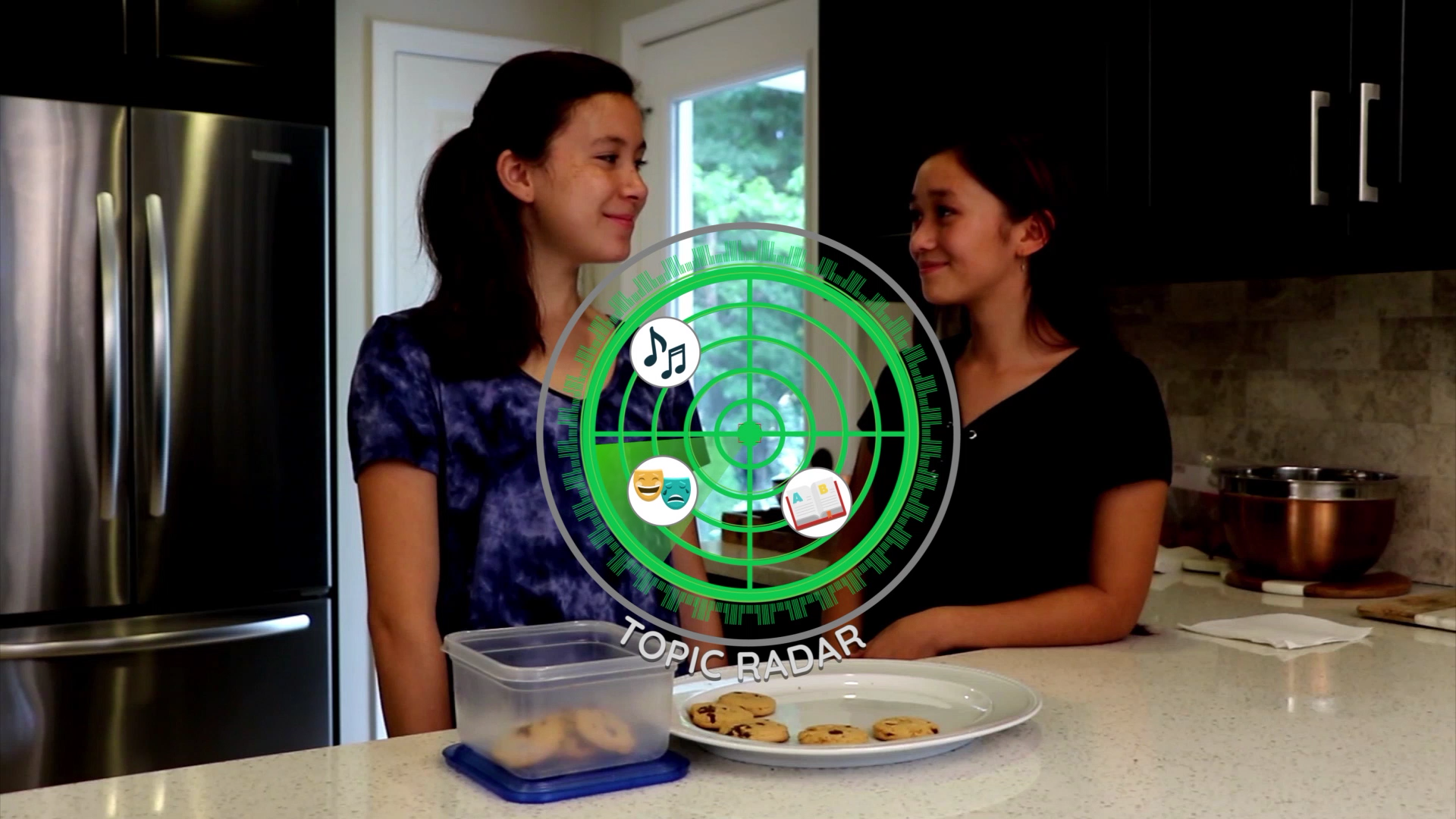
Introduction
As educators, it’s crucial to teach our students the importance of engaging and inclusive conversations. One effective way to achieve this is by introducing the concept of Topic Radar. Topic Radar encourages students to think about others’ interests, remember what they know about them, and find common ground to keep conversations enjoyable and interesting for everyone involved. By teaching this skill, we can help our students develop better communication and social skills.
No-Prep Activity: Topic Radar Challenge
Here’s a simple, no-prep activity to help your students practice using Topic Radar:
- Divide the class into pairs or small groups.
- Each student takes turns sharing a topic they are interested in.
- The other students in the group should listen carefully and think about what they know about the topic or how it relates to their own interests.
- After the student finishes sharing, the others should contribute to the conversation by asking relevant questions or sharing their experiences related to the topic.
- Continue the process until all students have had a chance to share a topic and practice using their Topic Radar.
This activity encourages students to think about others’ interests and find connections, fostering engaging and inclusive conversations.
Discussion Questions
After completing the Topic Radar Challenge, consider discussing the following questions with your students:
- How did it feel when others showed interest in your topic and contributed to the conversation?
- Were you able to find connections between your interests and those of your peers? How did that affect the conversation?
- Can you think of a time when a conversation was one-sided, and how did that make you feel?
- Why is it important to consider others’ interests when engaging in conversation?
- How can using Topic Radar help improve our communication and social skills?
Related Skills
Teaching Topic Radar can also help students develop other crucial social-emotional skills, such as:
- Active listening: Paying attention to what others are saying and responding thoughtfully.
- Empathy: Understanding and sharing the feelings of others.
- Respect: Valuing others’ opinions and showing consideration for their feelings.
- Collaboration: Working together with others and contributing to group discussions.
Next Steps
Are you interested in exploring more social-emotional learning activities and resources? Sign up for free samples of the discussed skill and others at Everyday Speech. These materials can help you build an engaging and inclusive learning environment for your elementary students, equipping them with essential communication and social skills for their future success.

